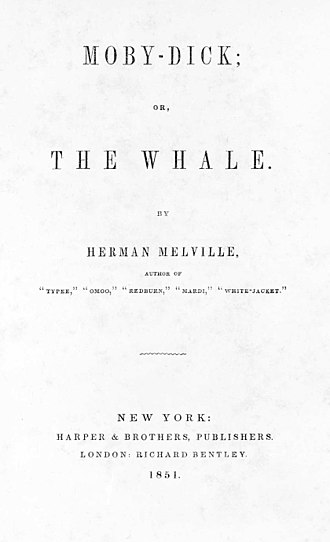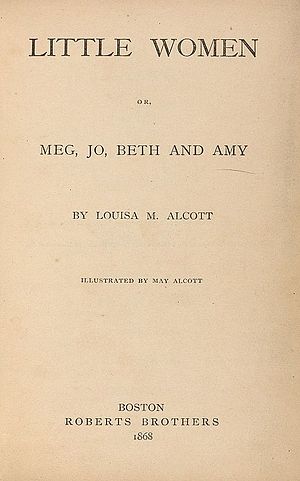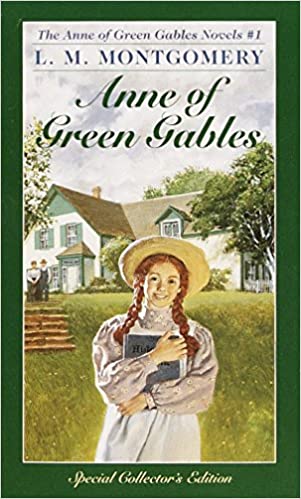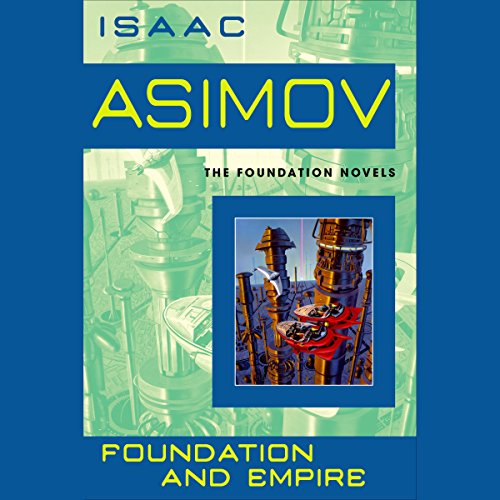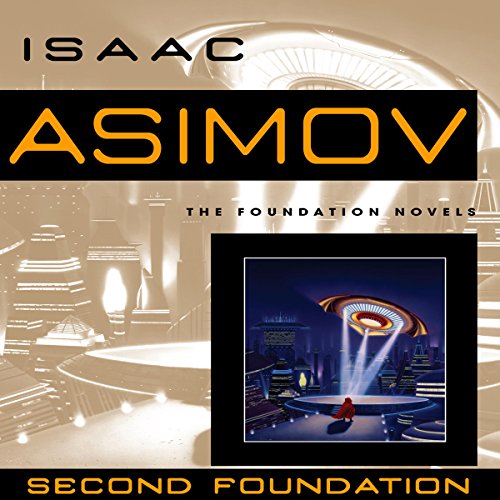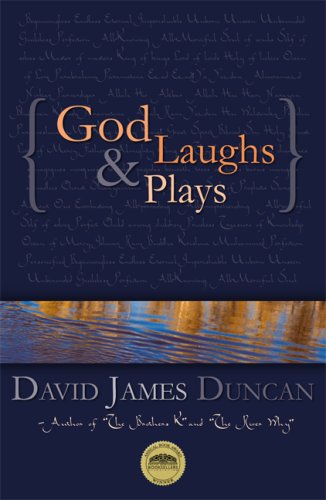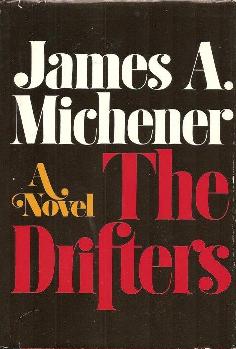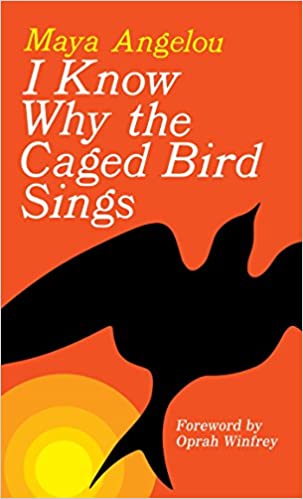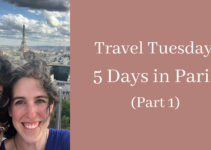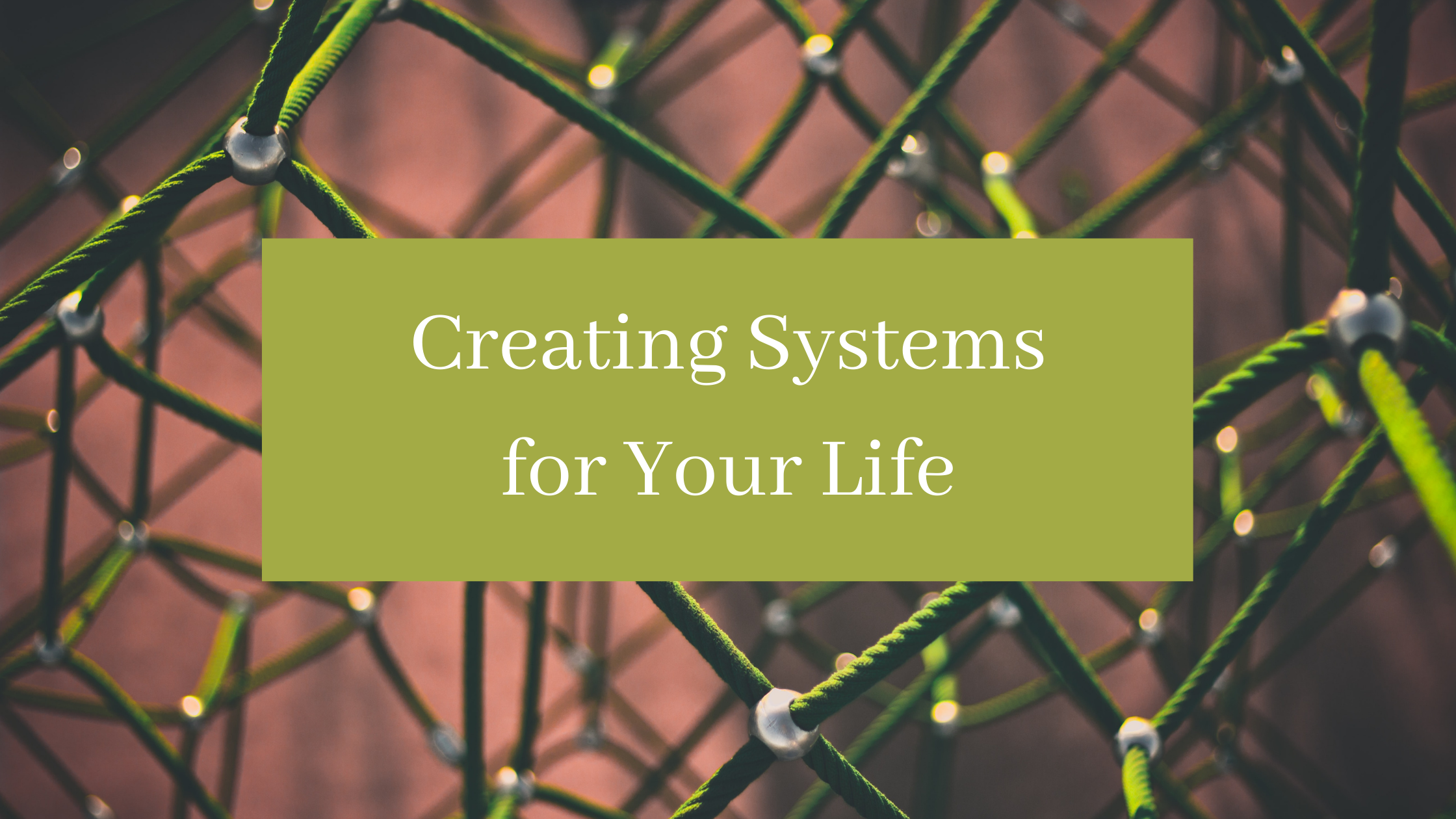I’m a pretty avid reader and always have been. It’s my favorite way to unwind. I started writing down the books that I’ve read in 2015ish in an effort to estimate how many books I’ve read in my life. I’ve since abandoned that calculation and instead use my book tracking as a rough gauge of how well I’m making time for recreation.
But a friend suggested I share what I’m reading here, so here we are! I’m going to go through what I’ve read January – June of 2020 and plan to do quarterly roundups from here on out.
A note on my reading style: I read just about everything. My favorite genres are historical fiction and 19th century British literature (hey Dickens!), but I go through phases with nonfiction, biographies, and sci fi. I struggle to recommend things to individuals because I fear recommending something they don’t like. But I can tell you whether I liked a book or not and why. Ready?
Moby Dick (Herman Melville)
I already mentioned that I hated Moby Dick in this post, but I’ll reiterate. I loved the pages with plot. But at least half the book is not plot. It is either philosophizing or developing a taxidermical hierarchy of whales. A friend has pointed out that his writing style is what makes this book great, and maybe someday I’ll revisit it with that lens. But for now, I can say that I read it and move on with my life.
Did I like it?
Well, I had to set daily page goals to get through it. So no. Unless you’re looking to learn about the early development of eclectic writing styles…I wouldn’t recommend this one.
Little Women (Louisa May Alcott)
After slogging through Moby Dick, I needed a palate cleanser. Also, I saw the Greta Gerwig adaptation in December (and loved it and also still have a lot of thoughts about it so hit me up if you wanna chat portrayals of Amy). It was an easy cruise-through reread.
Did I like it?
Yup. Still a sweet story. I still love how rounded and individual the girls are. I love musing on the autobiographical nature of the story. I would still love to be a mix of Marmee and Molly Weasley when I grow up.
Anne of Green Gables (L. M. Montgomery)
Midway through reading Little Women, I felt like I was betraying someone. Anne Shirley has been my favorite fictional character since I first read the series in 5th grade. But I found myself so fond of the March sisters that I wondered if I needed to revise that judgement.
Nope. Not even close. Anne is still my very favorite fictional character. Smart, competitive, insecure, loving, deeply creative, she is a girl after my own heart. I stand by wishing I had red hair. That said…homegirl clearly has ADHD. Somebody get her a bullet journal, thanks.
Did I like it?
Oh yes. This is one that I hesitate to recommend to people because I don’t want any faults pointed out. I love this book. I love this character.
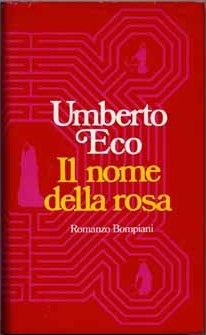
The Name of the Rose (Umberto Eco)
This one is interesting. I was skimming some list of books, who knows which, and this one was available to check out from the library in time for a flight. It’s a murder mystery set in an Italian monastery in the 1300s. It’s not short (Wikipedia puts it at 512 pages), so it has time to delve into architectural descriptions and some philosophical musings about humor in the church.
Did I like it?
I thought that it balanced the plot with the thematic musings. If you like mysteries, this one might be a tad historical fiction for you, but if you like historical fiction, this is a fun one with a mystery plot!
Foundation / Foundation & Empire / Second Foundation (Isaac Asimov)
I read these in pretty quick succession, so I’ll cover them together. I’d been meaning to read this series for a while, but it always had a long line at the library. Asimov is the guy who wrote I, Robot and is considered one of the “Big 3” of sci fi in his lifetime.
These books are short, but he is incredible at layering complex worldbuilding into a short novel. I ripped through these three because they’re engaging and he’s really good at putting you in the shoes of interesting characters.
There are more books, but I stopped after these three because they fell into a pattern where he half-resolves the main conflict but then does a bit of a “but you didn’t know this whole other complex problem that I’m going to introduce as a cliffhanger” at the end of them. It got old.
Did I like it?
Yes, and if you like sci fi (or if you like fantasy because of the worldbuilding), you should absolutely give these a go.
God Laughs and Plays (David James Duncan)
So…I stole this book from a friend (sorry, Kati!). I borrowed it years ago and just…never returned it. This author wrote one of my favorite books (Brothers K – not to be confused with the Dostoyevsky novel Brothers Karamazov), so I wanted to give it a read.
It’s a collection of essays and speeches by the author around his churchless Christianity, nature as his preferred church, and slides into anti-Bush rhetoric around preserving nature.
Did I like it?
Eh. I read it because I own it and also I love the idea of God in nature, but it’s unlikely that I’ll ever read it again or recommend it to anyone.
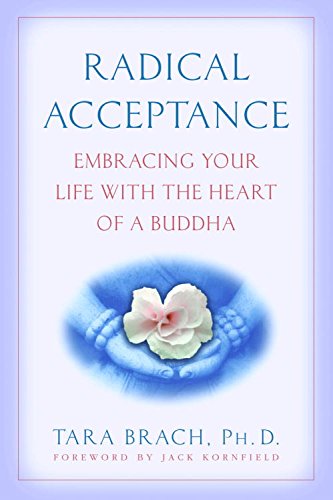
Radical Acceptance (Tara Brach)
This was an audiobook I listened to while I worked on jigsaw puzzles. It’s a bit of a Buddhist meditation guidebook to help the reader move away from self-judgement and toward self-acceptance.
I’m not much into the spirituality of Buddhism, but some of the meditations/thought exercises in this book were interesting. This has been a year of adjustment for me – my life in Berlin hasn’t turned out to be what I thought it would be. So this book was appropriate for where I was when I read it.
Did I like it?
Sure. I’ve considered buying it in order to revisit the suggested meditation exercises at the end of each chapter. And if interested in developing a meditation practice, this might be a useful book for you.
The Drifters (James Michener)
I love James Michener. He writes in-depth historical fiction where he picks a location, goes back to how the land was formed, how the animals evolved on the land, the waves of humans that have occupied the land… It’s immersive and he does a great job weaving multigenerational family stories together.
This one wasn’t historical – it was the story of six young adults traveling (drifting?) through Europe/Africa in the late 1960s. It’s definitely (and deliberately) written from the perspective of a white, middle-aged man – the narrator is one – and that has an influence on the tone of the novel. But as an American living in Europe, it felt relevant.
Did I like it?
I love the way I can get lost in Michener’s prose. It’s the same immersion I get from Steinbeck. But if you want to start with Michener, I would recommend Centennial, Alaska, Hawaii, or Space to start.
I Know Why the Caged Bird Sings (Maya Angelou)
I haven’t read much Angelou, but that woman had a gift for words. It was exactly as powerful and heart-wrenching as I thought it would be.
Did I like it?
Yup. And if you’re American and haven’t read it, you should.
Well, that’s it – the first half of the year, in books. I’ll check back in soon with the books I read in July – September of 2020.
In the meantime…have you read anything good? I’m always open for recommendations!

